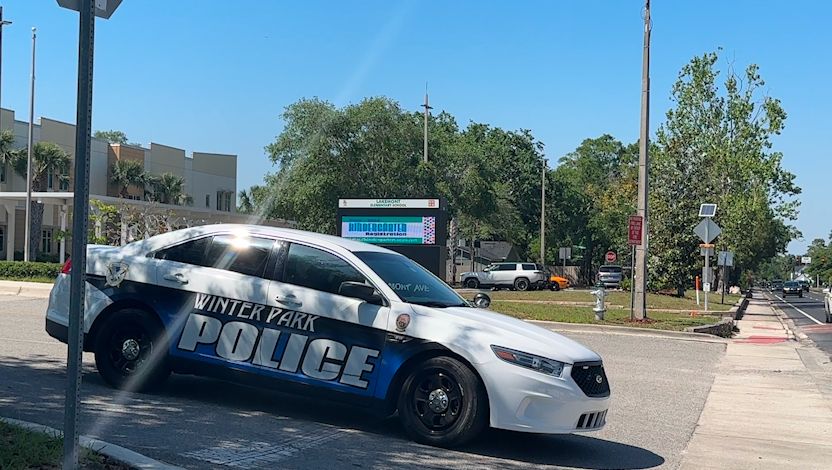OVIEDO, Fla. — Echo King planned for a big day in Tallahassee as she and hundreds of other Asian Americans across the state of Florida rallied to try to overturn Senate Bill 264.
What they planned is rare in Asian culture, according to King. Chinese people in particular are typically very quiet and usually stay to themselves, she said.
But on Tuesday, Asian Americans gathered at the Florida Capitol to fight for their right to own land in the state on the same day as an American Civil Liberties Union attorney argued against the new law at a hearing before a judge, seeking an injunction to block enforcement of the measure.
Judge Allen Winsor said it is a complicated issue and he would take his time to rule on the request.
“We’ve never done protest before," King said. "It’s the first time for all of us, but we figured out a way. We tried to let the people hear. We let our voices be heard.”
When she’s not preparing for a protest, King works as an immigration attorney with more than a decade of experience. As an immigrant herself, she said it’s always been a passion of hers to help others make the transition to America and live their version of the American dream.
But now with laws like SB-264 and SB-1718, King said she’s seeing the darker side of the country she thought was left in the past, with laws like the Chinese Exclusion Act.
According to King, one section of SB-264 prohibits seven foreign countries “of concern” from buying agricultural land within 10 miles of a military installation or critical infrastructure in the state.
“That includes China, Russia, Syria, Iran, Venezuela, North Korea and Cuba,” she said.
The bill passed during the 2023 Florida legislative session, and Gov. Ron DeSantis signed it into law in April. It went into effect with more than 100 other laws on July 1.
After protesting the proposal of SB-264 during the legislative session, the Florida Asian America Justice Alliance was formed. The same organization, along with several other state advocacy groups, collectively filed a lawsuit against the state of Florida, hoping to stop the law from passing. Then a preliminary injunction was also filed to have the law overturned after it was signed. Tuesday’s hearing was the first step in that process.
“This kind of discrimination we never even thought of,” King said. “Buying a home is a basic principle, a basic fundamental right that every American should have and not only American citizens. The 14th Amendment actually provides those equal rights and fundamental rights for everybody living here to have property ownership, but this bill actually prohibits us, especially targeting Chinese.”
As the bill goes on, King said it begins to target Chinese people and entities from China more directly, forbidding them from purchasing any property in the state except for narrow exceptions for future buyers.
“The exception being the people with visa, legal status with a like work visa, and also granted asylum status," King explained. "Then they can buy one residential property if it’s not within 5 miles of a military installation.”
For people who already own property, there is a registration requirement that goes through the Florida Department of Economic Opportunity. The registration deadline is by the end of this year, according to King. People who fail to register on time could be hit with civil and criminal penalties.
They’re stipulations that King said are difficult to completely understand for some of her clients. Her fear is that they’ll also be an added stress on real estate agents, making Asian American buyers less desirable clients. King said she now has clients hesitating to move to the state and friends considering leaving.
“Actually, we were talking, we have been talking, where should we … should we really move? Should we stay?” she said.
However, King said it would be devastating for her to move out of the state because she loves it so much. She moved here with her husband in 2006 after visiting for a wedding and said she truly believes she’s meant to be here, which is why she’s willing to step outside of the norm and fight for the right to be here.
The Associated Press contributed to this report.









